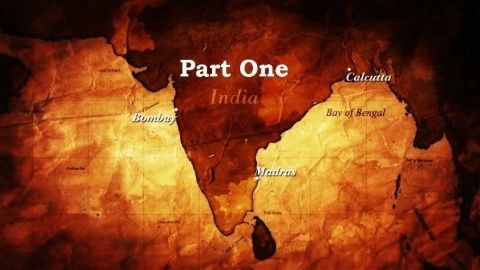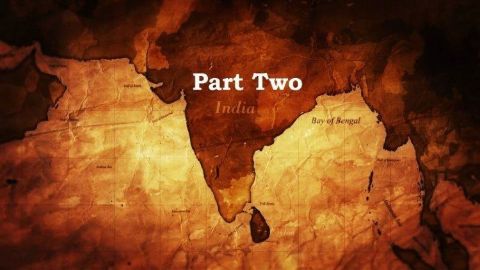Part One • 2014 • episode "S1E1" • The Birth of Empire: The East India Company
400 years ago British merchants landed on the coast of India and founded a trading post to export goods to London. Over the next 200 years, their tiny business grew into a commercial titan. Using the letters and diaries of the men and women who were there, this documentary tells the story of the East India Company, which revolutionised the British lifestyle, sparked a new age of speculation and profit and by accident created one of the most powerful empires in history. Yet inexorable rise ended in ignominy. Dogged by allegations of greed, corruption and corporate excess, by the 1770s the company's reputation was in tatters. Blamed for turning its back as millions died in the Bengal famine, and thrown into crisis by a credit crunch in Britain, the world's most powerful company had run out of cash, sparking a government intervention.
Make a donation
Buy a brother a hot coffee? Or a cold beer?
Hope you're finding these documentaries fascinating and eye-opening. It's just me, working hard behind the scenes to bring you this enriching content.
Running and maintaining a website like this takes time and resources. That's why I'm reaching out to you. If you appreciate what I do and would like to support my efforts, would you consider "buying me a coffee"?
Donation addresses
BTC: bc1q8ldskxh4x9qnddhcrgcun8rtvddeldm2a07r2v
ETH: 0x5CCAAA1afc5c5D814129d99277dDb5A979672116
With your donation through , you can show your appreciation and help me keep this project going. Every contribution, no matter how small, makes a significant impact. It goes directly towards covering server costs.







